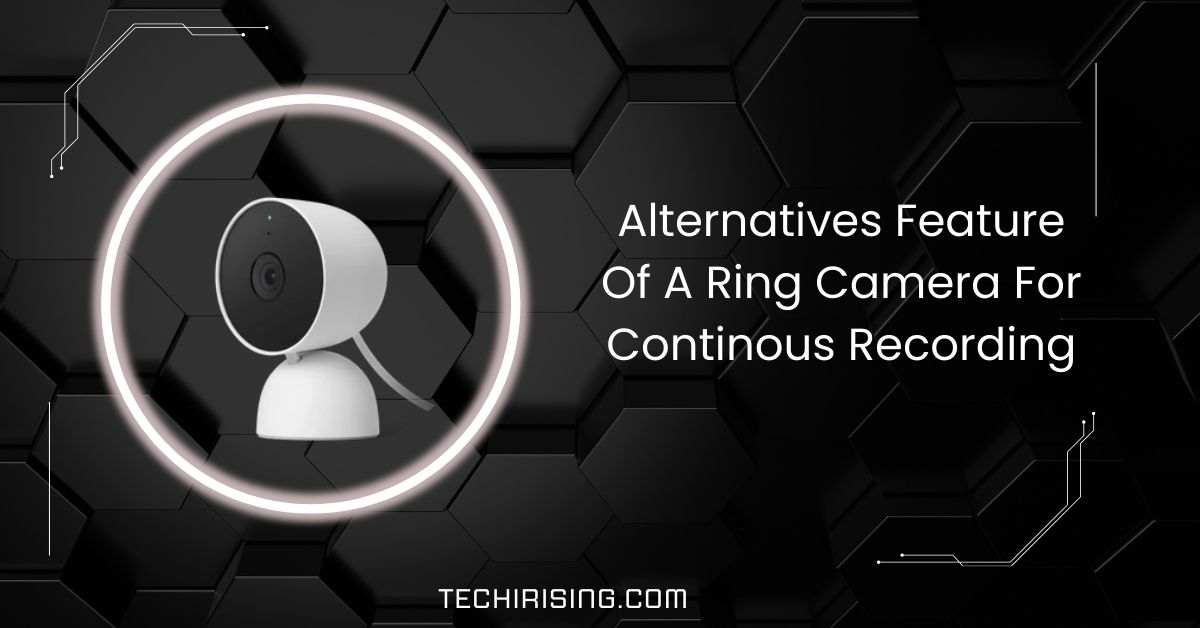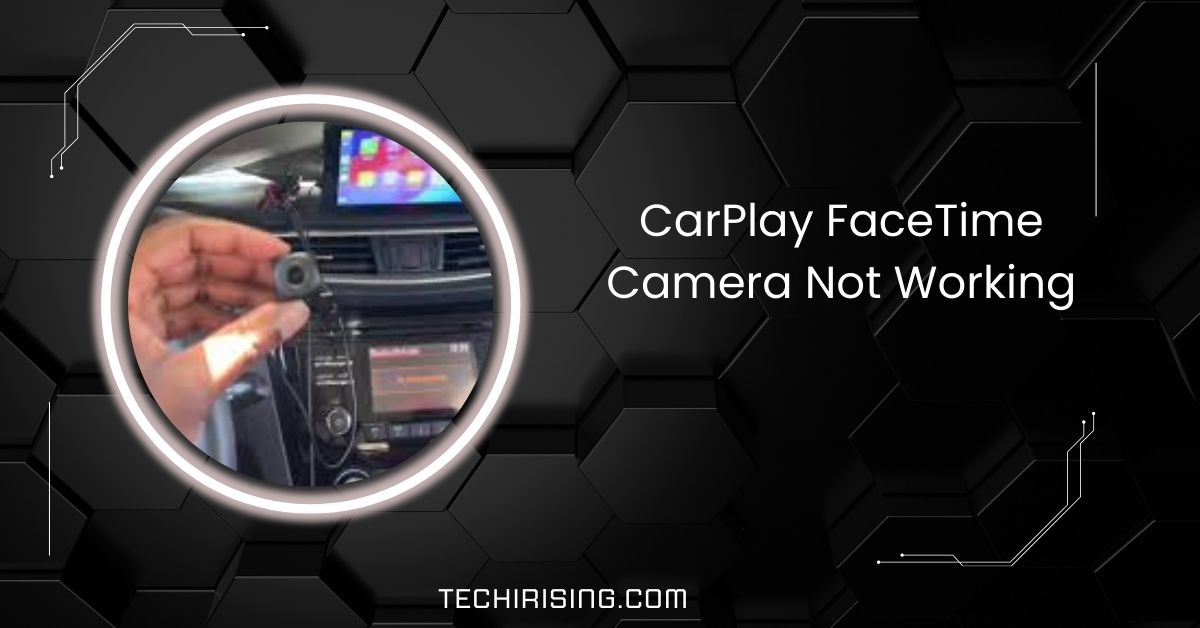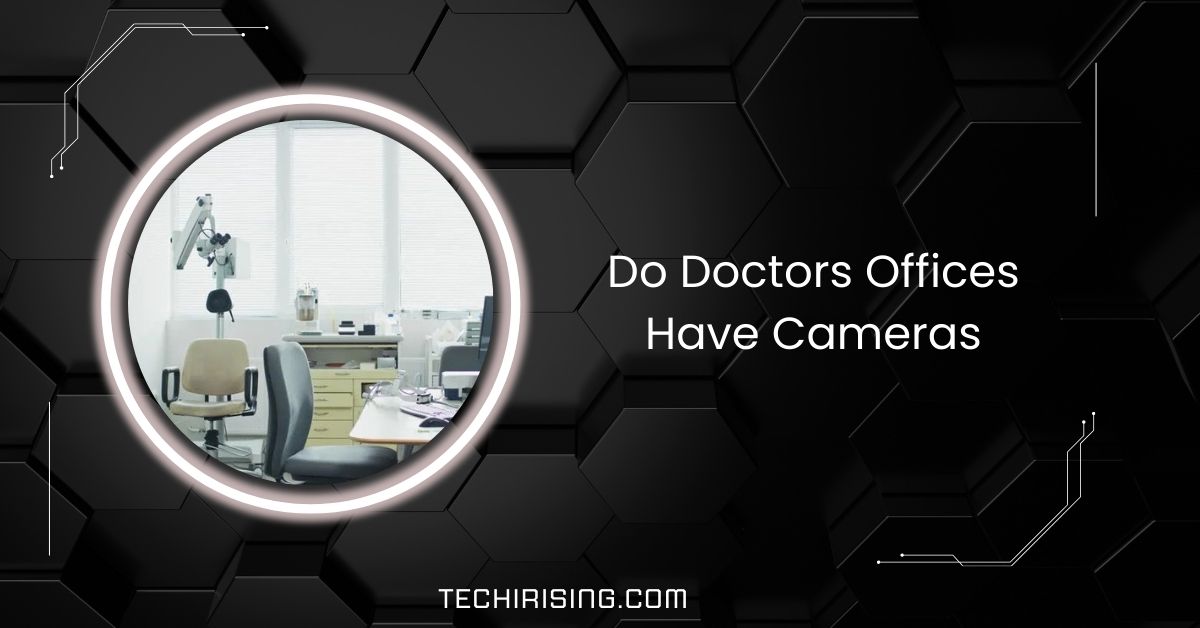The question of whether employers can install cameras in employee break rooms is a hot topic that involves legal, ethical, and workplace privacy considerations. Employers may justify surveillance for safety or security, but employees also have a reasonable expectation of privacy.
Yes, cameras are generally allowed in employee break rooms, as most workplace video surveillance is legal. However, employers should respect privacy and avoid unnecessary monitoring. Laws vary, so checking local regulations is important for compliance.
This article explores the laws surrounding workplace surveillance, employer justifications, employee rights, and best practices to strike a balance between security and privacy.
Legal Framework Governing Workplace Surveillance
1. Federal Laws on Workplace Surveillance
There is no single federal law that outright bans or permits surveillance in break rooms. However, the Electronic Communications Privacy Act (ECPA) of 1986 regulates workplace surveillance, especially concerning electronic communications. The key points are:
- Employers can monitor employees if there is a legitimate business reason.
- Monitoring should not violate an employee’s reasonable expectation of privacy.
- Recording in private spaces such as restrooms is strictly prohibited.
Employers must ensure their surveillance does not breach privacy rights protected by other federal regulations.
2. State-Specific Laws on Workplace Cameras
Different states have different laws regarding workplace surveillance. Here are some key examples:
- California: Employers cannot install cameras in places where employees expect privacy, such as restrooms and locker rooms. However, break room surveillance may be allowed if employees are informed.
- New York: Employers can use cameras for security but cannot record conversations without employee consent.
- Illinois: The Illinois Workplace Privacy Act restricts video and audio recording in certain employee areas.
- Texas & Florida: No explicit laws prohibit break room cameras, but employers must still avoid privacy violations.
Since laws vary, businesses should consult local legal experts before installing surveillance cameras.
Why Employers Install Cameras in Break Rooms

Some employers justify break room surveillance with the following reasons:
1. Preventing Theft and Misconduct
Break rooms often have vending machines, lockers, and company property. Employers may install cameras to deter theft or catch employees engaging in misconduct.
2. Ensuring Workplace Safety
In environments where employees work with hazardous materials or heavy equipment, employers may use surveillance to monitor for accidents in break rooms.
3. Monitoring Productivity and Policy Compliance
Employers may use cameras to prevent excessive break times, ensure cleanliness, or monitor compliance with workplace policies.
4. Preventing Workplace Harassment or Violence
In some cases, employers justify surveillance as a way to prevent workplace harassment, bullying, or even violence in break rooms.
While these reasons may seem valid, they must be balanced against employees’ privacy expectations.
Do Employees Have a Right to Privacy in Break Rooms?
Employees have the right to some level of privacy at work. While a break room is a shared space, it is also meant for rest and relaxation.
Key employee privacy considerations include:
- Expectation of Privacy: Employees may assume that break rooms are private spaces where they can unwind without being monitored.
- Notification Requirement: Many states require employers to notify employees before implementing surveillance.
- Audio vs. Video Surveillance: Video surveillance may be allowed, but recording audio without consent is illegal in many states.
If an employer installs cameras without notice, employees may feel their privacy is being violated, potentially leading to legal disputes.
Ethical Considerations of Workplace Surveillance
Even if surveillance is legal, there are ethical concerns regarding employee monitoring in break rooms.
1. Employee Morale and Trust Issues
Constant surveillance can create a culture of mistrust, making employees feel like they are constantly being watched.
2. Invasion of Personal Conversations
Break rooms are where employees socialize and discuss personal matters. If cameras record these moments, it could be seen as an invasion of privacy.
3. Potential for Misuse of Footage
Employers must ensure that surveillance footage is used only for its intended purpose and is not misused to target employees unfairly.
Employers should consider whether cameras are truly necessary or if alternative security measures (such as better locks or security personnel) would be sufficient.
When is it Illegal to Have Cameras in Employee Break Rooms?

There are situations where placing cameras in break rooms is outright illegal:
- If the camera records in areas where employees change clothes
- If the camera records audio without consent in states with strict wiretapping laws
- If employees are not informed about the surveillance
- If the purpose of surveillance is discriminatory or meant to intimidate employees
Employers who violate these restrictions may face legal consequences, including fines and lawsuits.
Best Practices for Employers Considering Break Room Cameras
If an employer decides to install cameras in employee break rooms, they must ensure compliance with legal and ethical standards. Here are the best practices to follow:
1. Be Transparent About Surveillance
Transparency is key to maintaining trust in the workplace. Employers should:
- Clearly inform employees about the presence of cameras.
- Explain the reasons for installing surveillance.
- Include surveillance policies in the employee handbook.
- Place visible signs indicating camera use.
Providing full disclosure helps prevent misunderstandings and potential legal issues.
2. Notify Employees and Obtain Consent
In some states, employee consent may be required before surveillance can be implemented. To stay compliant:
- Employers should issue a written notice about surveillance.
- Consent forms should be collected if required by state law.
- Employees should have the opportunity to ask questions or voice concerns.
Ensuring that employees are aware of monitoring helps foster a sense of fairness.
3. Avoid Audio Recording
Recording conversations without consent is illegal in many states under wiretapping laws. To prevent legal trouble:
- Use video surveillance only, without sound recording.
- Review state laws to determine if audio surveillance is allowed.
- If audio is necessary, obtain written consent from employees.
Limiting surveillance to video helps protect employee privacy while maintaining security.
4. Do Not Install Cameras in Restricted Areas
Some areas in the workplace have higher expectations of privacy. Employers should:
- Avoid placing cameras in restrooms, locker rooms, or changing areas.
- Ensure cameras do not capture footage of private spaces.
- Consult legal experts if there is uncertainty about privacy boundaries.
Monitoring should be restricted to common areas to comply with privacy laws.
5. Limit Who Has Access to Surveillance Footage
To prevent misuse of video recordings, employers should:
- Restrict access to surveillance footage to authorized personnel.
- Implement security measures to protect recorded data.
- Establish a policy that prohibits unauthorized sharing of footage.
Proper access control ensures that surveillance is used only for its intended purpose.
Cameras in the Workplace Employee Rights
Employees have the right to some privacy at work. Employers can use cameras for security, but they can’t record in private places like restrooms. Many states require employers to inform workers about surveillance. If unsure, employees should check local laws or ask HR.
Camera in Break Room California Law
In California, employers can install cameras in break rooms, but only if they inform employees. However, cameras are not allowed in private areas like restrooms or locker rooms. Employers must have a valid reason for surveillance, such as security or preventing theft, to stay compliant.
Where Are Cameras Not Allowed in the Workplace?
Cameras are not allowed in private areas like restrooms, locker rooms, or changing rooms. In some states, break rooms or personal workspaces may also be protected. Employers should only install cameras in common areas for security reasons while respecting employee privacy rights.
Are Cameras at Work an Invasion of Privacy?

Cameras can feel like an invasion of privacy if they monitor employees too closely. While businesses can use them for security, workers should still have spaces where they feel comfortable. Good employers balance safety with respect by using cameras only where necessary.
Is It Legal to Have Cameras with Audio in the Workplace?
Audio recording at work is tricky. Many states require all parties to consent before recording conversations. Without consent, recording audio could be illegal. Video surveillance is usually allowed, but recording sound without permission can lead to lawsuits or fines for employers.
Can an Employee Put a Camera in Their Office?
An employee might want a camera in their office for security, but they should check company policies first. Some workplaces don’t allow personal cameras. If the office is shared, other employees’ privacy must be respected. Always ask HR before setting up surveillance.
Cameras in the Workplace Employee Rights Illinois
In Illinois, employers must follow strict privacy laws. The state protects employees from being recorded in private areas. Audio recording without consent is also illegal. Employers can use cameras in common areas but must have a valid reason and inform employees about surveillance.
Cameras in the Workplace Employee Rights Florida
Florida allows workplace cameras in public areas but prohibits them in private spaces like restrooms. Audio recording is also restricted unless all parties agree. Employers should inform workers about surveillance to stay within the law and respect employee rights.
FAQs
Can There Be a Camera in a Break Room?
Yes, but it depends on state laws. Employers must inform employees and can’t record private activities like changing clothes.
Are Cameras Allowed in the Staff Room?
Usually, yes. But employers must follow privacy laws and inform staff. Cameras can’t be in restrooms or changing areas.
What States Allow Cameras in Dressing Rooms?
Most states ban cameras in dressing rooms. Some allow them for security but not in private areas. Always check local laws.
Is It a HIPAA Violation to Have Cameras in the Workplace?
It can be if cameras record private health information. Healthcare offices must protect patient privacy under HIPAA regulations.
Is It Legal for Your Boss to Listen to You on Camera?
Not always. Many states require consent before recording audio. Video without sound is usually legal in public work areas.
Is It Illegal to Have a Camera in Your Room?
If it’s your personal room, you can have a camera. But secretly recording others without consent can be illegal.
Conclusion
Cameras in employee break rooms are generally legal, but employers must follow state laws and respect employee privacy. While surveillance can help with security and safety, excessive monitoring can create trust issues. Employers should always be transparent, inform employees, and avoid placing cameras in private areas. Employees concerned about workplace surveillance should check company policies and local laws. Striking a balance between security and privacy ensures a fair and comfortable work environment for everyone.





